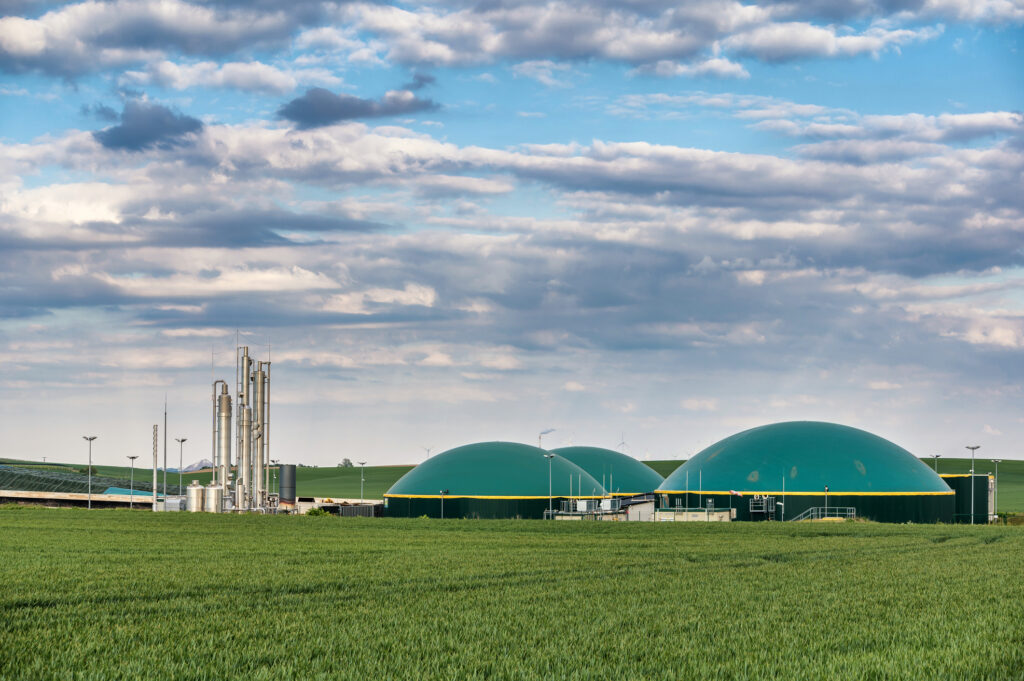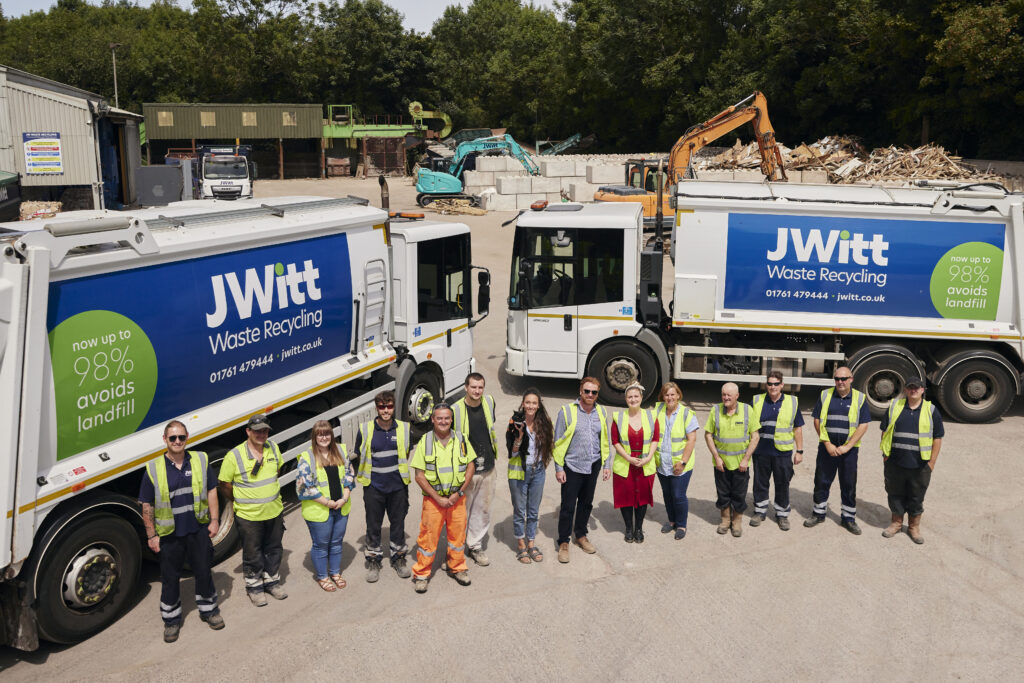
The funding has been provided by engineering services company Advanced Biofuel Solutions, with support from the Department for Transport and Cadent, the UK’s ‘biggest’ gas distribution network.
The company has set a target of bringing the plant into service in the second half of 2020.
When testing for the plant was first announced in 2012, the three operators said it would demonstrate the possibility of “converting waste into bio-substitute natural gas (Bio-SNG)” which can be used as fuel in the transport sector (see letsrecycle.com story).
The companies involved – the National Grid, energy from waste firm Advanced Plasma Power (APP) and energy development company Progressive Energy – set up a company called Go Green Fuels to deliver the plant, which is based on APP’s site at the South Marston Industrial Estate in Swindon.
The facility was constructed in 2017, but costs spiralled and Go green Fuels went into administration in December 2018 and the project was mothballed.
Shredded
Advanced Biofuel Solutions say that the plant will take in household waste from the local area. This would then be shredded and the recyclable material such as metal will be removed.
The company added its ‘ground-breaking’ technology will then convert the residual waste into natural gas and carbon dioxide, which will be “injected and the carbon dioxide liquified to be used in the travel industry”.
Called RadGas, the process uses a two-stage approach combining a conventional gasifier that converts feedstock into a dirty, tar-laden syngas with a catalytic chamber that breaks down those tars using oxygen free-radicals to catalyse the reformation reactions.
The tar-free syngas is then cooled using a waste heat boiler and passed through a filter system to remove any residual particulates.
The plant will provide enough energy to heat 1,800 homes or fuel 75 HGVs, according to Advanced Biofuels.
Work
Commenting on the announcement, Andy Cornell, chief executive officer of ABSL said: “The project team is delighted to resume work; remobilisation is well under way with the plant expected to be complete by the end of Q1 2020. ABSL’s expertise will ensure that the project is delivered on time and on budget.”
Lorna Millington, future networks manager, at Cadent added: “We are pleased that this plant will be completed and bring another source of low carbon energy onto the gas grid for customers. With the completion of the plant, it will demonstrate how gas emissions are being reduced and how BIO SNG renewable gas can help us on the pathway to zero emissions.”









Subscribe for free